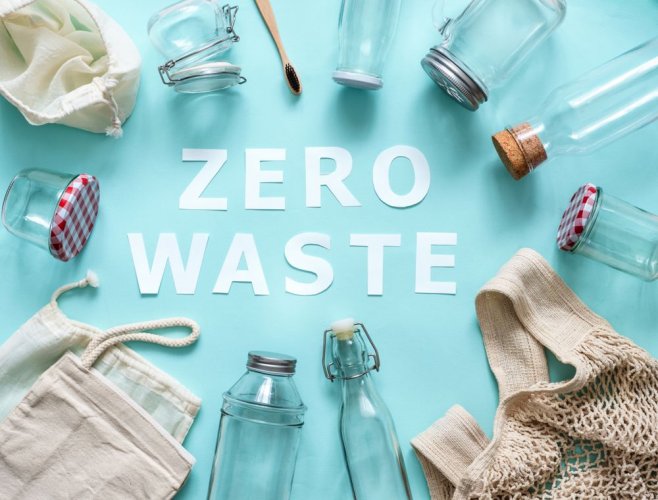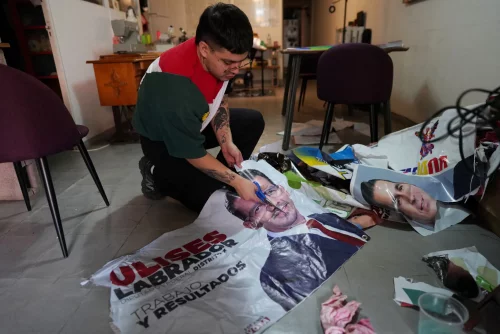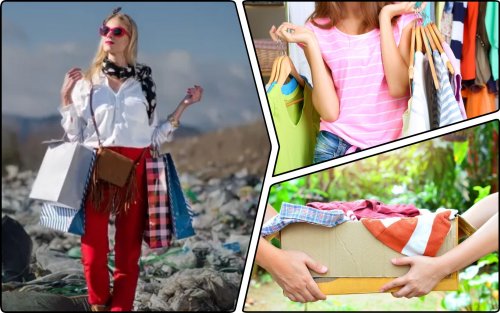The philosophy of zero waste is based on the 3R concept, namely Reduce, Reuse, Recycle. However, there is a more advanced version of these rules based on seven principles.
Specialists of the Waste Management Center enterprise told on Facebook how to follow the updated concept for a more ecological life.
- Rethink (rethinking);
The authors explained that for truly informed consumption, it is important to be able to analyze one's own habits and choices and to know what consequences they have for the environment.
- Refuse (give up the excess);
They emphasized that people tend to make impulse purchases. Therefore, before shopping, you should think about what you already have in order not to spend extra money and not increase the amount of waste.
- Reduce (reduce consumption);
"Some purchases cannot be completely abandoned, but consumption can be significantly reduced. This also applies to natural resources – water, heat, electricity," the report says.
- Repurpose & repair (repurpose and repair).
It is noted that before disposing of an item, it is worth trying to repair it or use it differently. Many old things can find a new, sometimes completely unexpected use.
- Reuse (reuse);
The authors added that unnecessary things can be sold or given away for free to people who need it. Buying used items is also a good way to take care of the environment and save money.
- Recycle (give it for recycling);
They emphasized that waste that could not be reused, or that cannot be discarded, should be recycled. Most of them will become valuable raw materials for the production of new goods.
- Rot (compost).
"The share of organic waste is up to 30% of household waste. A home composter, which can be purchased or made independently, will turn them into a valuable fertilizer for plants," the message emphasized.
Earlier, EcoPolitic wrote, that in Lyubotyn, in the Kharkiv region, eco-activists will open reuse cabinets, where people can leave unnecessary things and pick up something for their needs.
As EcoPolitic previously reported, Ukrainians were urged to hand over unnecessary yarn to volunteers, who will turn it into warm balaclavas, hats, scarves, buffs or socks for soldiers at the front.





